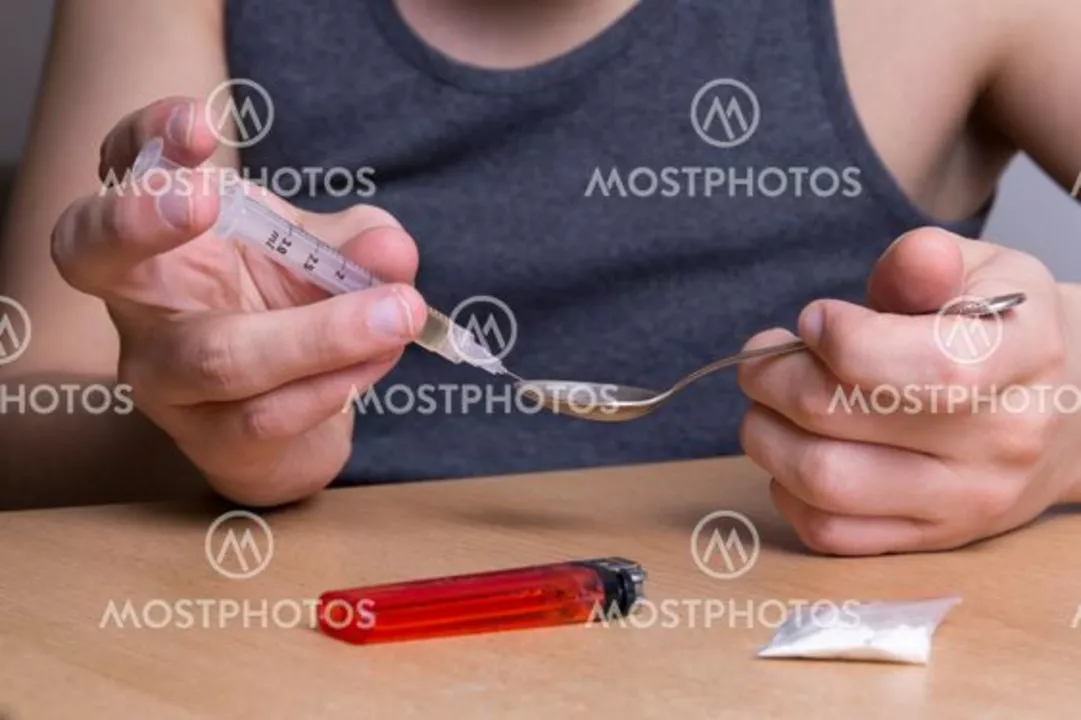Watch Out: How to Spot Risky Online Pharmacies and Unsafe Meds
Buying medicine online can save time and money — but it also comes with risks. Some sites sell fake pills, wrong doses, or drugs that shouldn’t be taken without a doctor. If you care about your health, you need a simple routine to check any pharmacy before you buy.
Start by asking a few plain questions: Do they ask for a prescription? Do they list a real address and phone number? Is there a pharmacist you can contact? Legit pharmacies ask for a valid prescription for controlled or prescription-only drugs. If a site offers powerful meds like isotretinoin (Accutane) or certain antidepressants without one, walk away.
Quick safety checklist
Use this quick list every time you look at an online pharmacy:
- Prescription required: Real pharmacies require a prescription for prescription drugs. No prescription = big red flag.
- Verified seal or license: Look for a regulator seal (for example, VIPPS in the U.S.) and then verify it on the regulator’s site. Don’t trust a seal that’s just a graphic.
- Clear contact info: A working phone number and a physical address matter. Try calling before you buy.
- Secure site: Check for HTTPS and a padlock icon in your browser when entering payment info.
- Real reviews and consistent details: Search outside the site for unbiased reviews. If reviews are all glowing or look fake, be cautious.
- Price vs. market: Extremely low prices or “miracle” claims usually mean trouble — counterfeit or unsafe products.
- Prescription checks: For drugs with serious side effects (like isotretinoin, prednisone, or heart meds such as digoxin/Lanoxin), double-check safety procedures and monitoring requirements.
What to do if something feels off
If messaging, pills, or packaging look wrong, stop using the medicine and contact your doctor right away. Save receipts, screenshots, and packaging. Report the seller to your local drug regulator or consumer protection agency — that helps protect others.
Also, be cautious about interactions and special situations. For example, pregnant people should check medication safety for pregnancy (some decongestants and other drugs carry risks). If you take multiple meds, run them past your pharmacist or doctor before adding anything new. Online descriptions often downplay interactions.
Finally, prefer pharmacies that partner with real clinics or verified telehealth services when you need a remote prescription. That adds a layer of medical oversight and reduces the chance of getting the wrong dose or a dangerous substitute. Trust your instincts: if a deal feels too easy, it probably is. Watch out, check, and ask — your safety depends on it.






